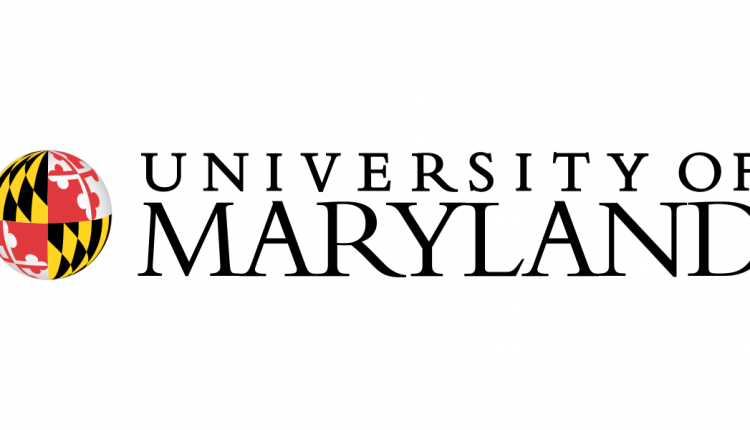University of Maryland’s Researcher Gets Awarded In Nation’s Oldest Science Awards Series
A University of Maryland engineering professor has been honored by one of the world’s oldest institutions of science and technology for innovative and incisive research linking climate, public health, transportation and societal equity.
Deb Niemeier, Clark Distinguished Chair of Energy and Sustainability at the University of Maryland’s A. James Clark School of Engineering, was awarded the Franklin Institute’s 2023 Bower Award and Prize for Achievement in Science, the institute announced today.
The award, which comes with a $250,000 cash prize, honors Niemeier for “pioneering the advancement and application of knowledge at the intersections among infrastructure, environment, public health and equity through groundbreaking research on transportation systems and climate-related hazards,” according to the citation from the 199-year-old institute.
“Much of the STEM culture at universities is focused on entrepreneurship, so the societal contributions faculty make on ways to repair and strengthen communities can be underappreciated,” she said. “This award reflects an understanding of the value of useful knowledge, in Franklin’s perspective, for making lives better. I am very honored to have been chosen.”
Clark School Dean Samuel Graham, Jr. called the award a “well-deserved recognition of the transformative influence that Dr. Niemeier has had on her field.” Niemeier, he said, “is a paradigm-changer. When it comes to equity in engineering design, her work has helped us all understand the impact of decisions on placing transportation and other infrastructure, and how this impact still affects communities and the people who live in them today.”
A National Academy of Engineering member, Niemeier joined UMD in 2019 as the first in a series of distinguished chairs endowed by the A. James & Alice B. Clark Foundation as part of a $219.5 million investment in UMD—the largest in the university’s history. In 2022, she became director of the Center for Disaster Resilience, an interdisciplinary research hub based at the UMD Department of Civil and Environmental Engineering that specializes in better understanding and addressing the risks posed by natural hazards, including extreme weather. She previously served as acting director of the Maryland Transportation Institute and remains a faculty affiliate there.
Throughout her career, Niemeier has helped spur policy and regulatory changes through research in vehicle emissions, air quality, affordable housing and infrastructure funding, both nationally and internationally. More recently, she has focused on aspects of the built environment that give rise to structural inequality, particularly within the context of climate change. She is a Guggenheim Fellow, a AAAS Fellow and a recipient of the Perry McCarty AEESP Founders’ Award for her exceptional and tireless leadership in research, education and service. In 2021, she was elected a member of the American Philosophical Society.
Nii Attoh-Okine, chair of the UMD civil and environmental engineering department, stressed Niemeier’s role in mentoring a new generation of engineers. “She has a deep and abiding commitment to educating students at both the undergraduate and graduate levels. Her unwavering support for our underrepresented students is beyond words,” he said. “We are indeed fortunate to have her on our faculty.”
Niemeier will be presented with the award at a ceremony at the Franklin Institute in Philadelphia on April 27, together with eight other highly distinguished engineers, scientists and business leaders being honored this year.
Established through a bequest from Philadelphia chemical manufacturer and philanthropist Henry Bower (1896–1988), the awards are among several presented each year by the Franklin Institute in recognition of extraordinary achievement. The honor roll of Franklin Awards recipients includes 122 Nobel Prize laureates and some of the most famous names in science and engineering, including Nikola Tesla, Marie and Pierre Curie, Orville Wright, Thomas Edison, Albert Einstein, Frank Lloyd Wright, Stephen Hawking, Jane Goodall and Bill Gates.

